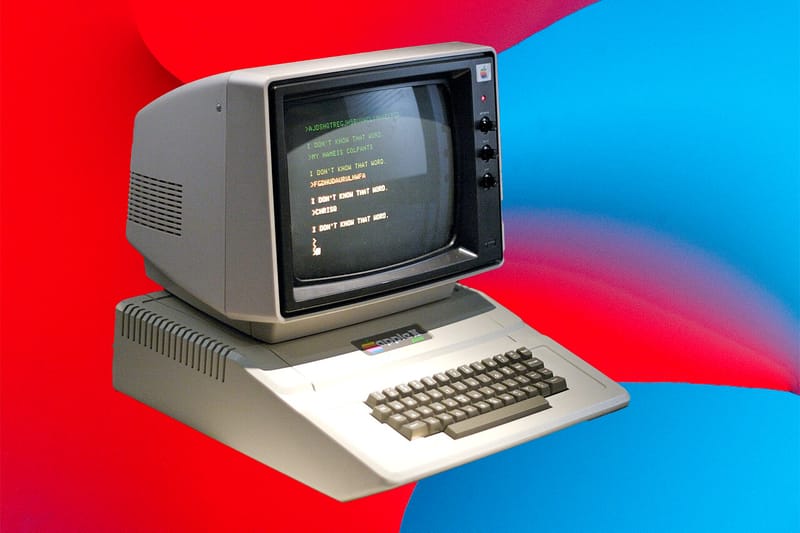William Hill Sentenced To Four Years In Prison
People should be deterred from doing what the Samourai Wallet developers did, Judge Cote stated in court.
Samourai Wallet developer William Lonergan Hill has been sentenced to 48 months in prison, 3 years on probation and a $250,000 fine in a New York courthouse this afternoon. Earlier this month, his co-founder Keonne Rodriguez was sentenced to five years behind bars and the same fine. Prosecutors’ had requested the maximum possible sentence for Hill as well, but the judge took into consideration Hill’s recently diagnosed autism. Hill must self-surrender to start his prison time on Jan. 2, 2026.
William Hill had to pause during his speech in front of the judge to hold tears, his family sobbing in the second row. “I broke the law and I caused significant harm,” Hill said. He added that he could see now how his pride had “led him astray” and although he believed himself to be guided by commitment to privacy and freedom it was more his “hubris” that dictated his actions. “I’ve learned a painful but important lesson from this experience,” Hill said.

The Autism Argument
The defense insisted that Hill’s recently diagnosed autism was part of the reason he ended up in this predicament, if not an excuse. When Hill discovered the cypherpunk idea of bitcoin, he found a life purpose and a community he had lacked before, his attorney Roger Burlingame said. But Hill’s autism impaired his ability to clearly see the nature of his actions, the lawyer insisted: Hill had “this magical thinking, autistic view that if you have a non-custodial tool… you’re insulated from breaking the law,” he said.
The judge did not seem to buy the argument, responding that Hill knowingly marketed Samourai wallet as a money laundering tool to cybercriminals – which Hill had previously acknowledged in his guilty plea. Justice Denise L. Cote said she believed the defense kept minimizing the crime committed and hence “individual deterrence is still an issue here.”
However, she still took the autism diagnosis into account, acknowledging that “it would be a more difficult time in prison for the defendant than for many people,” and hence reduced his sentence from the 60 months the prosecution was asking for to 48 months.
“There is an important societal impact” to Hill’s actions, the judge said, adding that “people should be deterred” from doing what Samourai developers did.

Back to Portugal
The main discussion during the sentencing hearing was where Hill must spend his three years on supervised release: in the U.S. or in Portugal where he has been living with his wife. U. S. Attorney Cecilia Vogel argued that it would be challenging to supervise Hill in Portugal, especially his electronic devices, given more strict data privacy laws in Europe.
However, in the end, the prosecutors and the defense have come to an agreement that Hill would install special monitoring software on his electronic devices, allowing the FBI or the IRS to pull data and share it with the probation service if needed. Hill also must bring his electronics to the U.S. in person every six months. He is prohibited from using any other devices, including the ones owned by his wife. During his probation time, Hill is prohibited from working in the cryptocurrency industry and otherwise engaging in facilitating or promoting cryptocurrency transactions
In July, Hill and his cofounder Rodriguez plead guilty under §1960(b)(1)(C), money transmitter licensing law that criminalizes the known transmission of illicit proceeds – The same subsection that prosecutors used to convict Tornado Cash cocreator Roman Storm in August. Rodriguez was sentenced to the maximum sentence of five years earlier this month.
Samourai Wallet was a non-custodial privacy wallet that allowed users to keep their public Bitcoin balances private by employing CoinJoins, a form of collaborative transaction that break the link between inputs and outputs, and a Samourai-specific feature called Ricochet, that added additional hops to bitcoin transactions, adding layers of privacy to the otherwise public movement of funds.
In clemency letters presented to the court, Hill stated that he “co-founded a software company to develop tools that could provide the anonymity necessary to make Bitcoin work as intended,” referring to its use as peer-to-peer electronic cash. Hill also stated that he was “convinced that our work was legal,” referencing previous FinCEN guidance that exempted non-custodial services from money transmission laws.
David L. Yermack, a Professor at the New York University (NYU) Stern School of Business, wrote in Hill’s defense that Samourai Wallet falls in "direct line of succession from an intellectual tradition that included writers such as George Orwell and economists such as Milton Friedman and Friedrich Hayek," who “saw the personal use of cryptography as an opportunity to overcome the potential threats of a data-driven surveillance state and preserve privacy and freedom.”
Independent journalism does not finance itself. If you enjoyed this article, please consider making a donation. If you would like to note a correction to this article, please email corrections@therage.co








